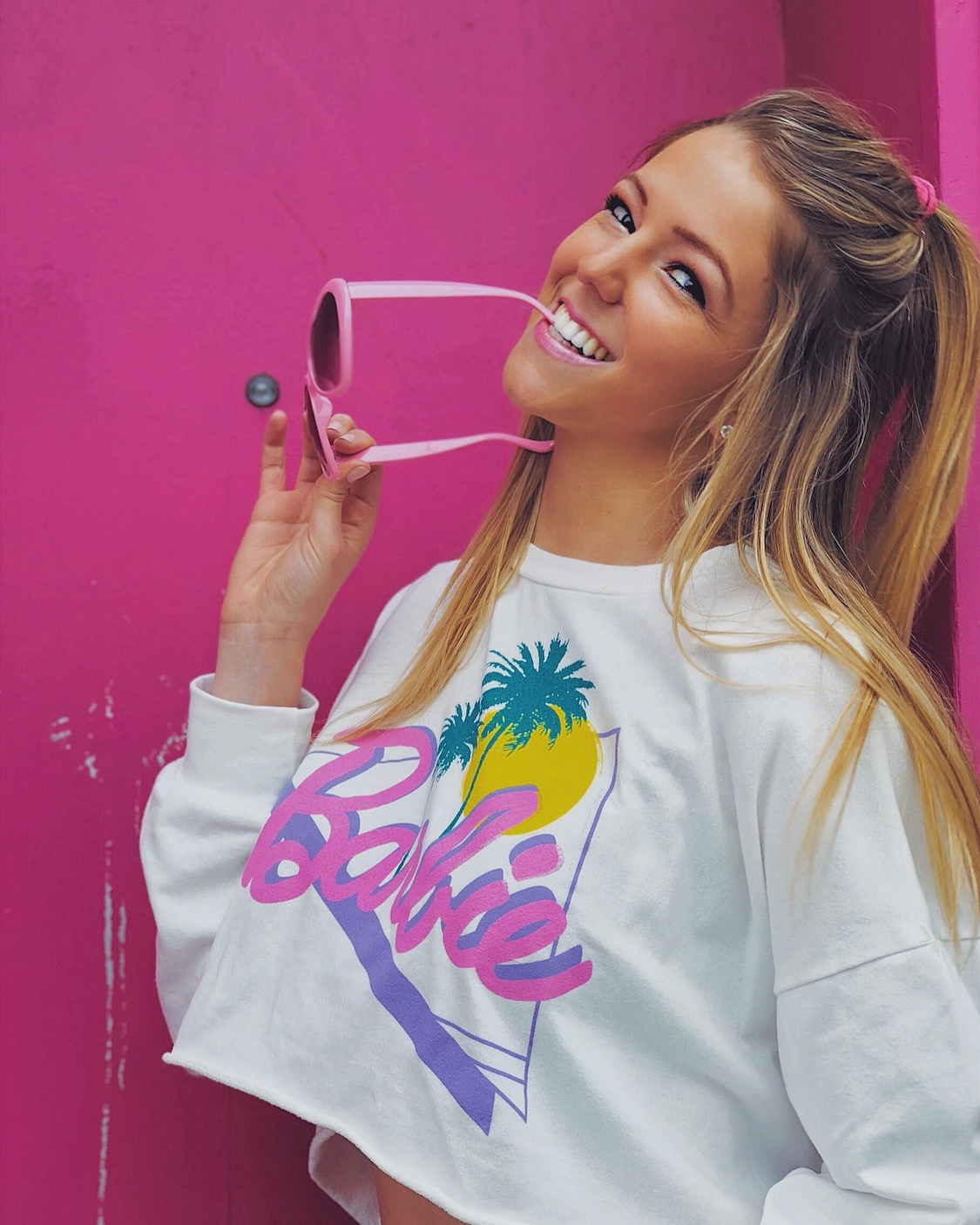I Need a Doctor... To Get Behind Blockchain
Calling all Dr. Drake Ramorays, Derek Shepards, Dr. Chris Tucks, Meredith Greys, and more… no, you are not immune to blockchain. So, put down the stethoscopes and take a minute to read up on why…
You know when you go to the doctor’s office or the hospital? And you answer the same questions 500 times? “What’s your birthday? Are you on medications? Any history of surgeries?”
Why are we all wasting each other’s time by answering the same exact questions for 3 different people? It’s 2018, shouldn’t there be some way to say it once and forever have that recorded? How about when you go back to the office or hospital in the future? Or switch doctors? Hmmm… some sort of technology that can track all of these things? And make sure only the proper people can access it? Keeping it nice and secure? OH WAIT.
You guessed it -- blockchain can be used to solve this problem too (and many others within the healthcare/medical industry!). Here are 4 examples how:
Medical Data Management
As we know, blockchain allows us to have a decentralized and distributed ledger that cannot be changed. Currently, as patients move between providers, their Electronic Health Records (EHR), Electronic Medical Records (EMR), and other data become scattered among multiple organizations and platforms. For example, there are over 26 EMR systems used in Boston alone, all showing data differently. Since providers are the ones who typically hold all of this information within their various systems, you can imagine this causes some issues and hurdles for the patients to overcome - including distributing the data, correcting errors, and viewing reports.
Now if everything was stored and entered onto a blockchain, we could avoid a lot of these problems and inconveniences. Everything would be kept in one database (ledger) and distributed as needed. Blockchain systems are designed to handle the patient’s entire lifecycle. Plus, the coolest part is how sensitive information doesn’t have to be available to everyone. If only certain service providers are supposed to have access to your family’s medical history, for example, special keys and measures can be taken to make sure that only the approved providers can access it. Same goes for providing your medical records for research -- anonymously! That’s pretty complex, so we don’t need to go into the actual technical elements, but don’t think that just because it’s on the blockchain, your private information is going to be given out.
Drugs
Drugs are always a big topic of discussion. Counterfeit drugs are a huge problem. There are literally millions of dollars and companies involved in the fake drug market… think about how scary that is. Actually, there are about $200 BILLION in losses annually for pharmaceutical companies because of it. You’re were prescribed a specific thing, but you’re actually taking the knockoff -- who knows what kind of harm that could cause.
Think about it like the Louboutin shoe example from my “Blockchain for (not so) Dumb Blondes Guide” -- every “block” tracks information about the shoe and helps to maintain the authenticity. From who paints the sole, who drives the truck that delivers it to a store, all the way to who purchases it and takes those pretty pumps home. We can do the same thing for drugs by tracking them on the blockchain. We can start at the very beginning and track it all the way until the patient uses it. By safely and securely keeping track of where each ingredient came from, who prescribed the medication, which pharmacy distributed it, who paid for it, and more, it’s not going to be so easy to counterfeit anymore.
Medical Research
As you probably can guess, healthcare data is very valuable. That being said, many institutions don’t want to share their data with other institutions or people. Of course, that makes it difficult to allow for collaboration and in turn, halts a lot of progress that could be made. By centralizing the results of clinical trials and storing them on a public, secure ledger, it is much easier to transfer information and allow for real time access and searching between institutions. This can REALLY speed up progress. Hello end to cancer!
Data Security
While many healthcare data security companies are taking measures to use decentralized systems, there are still major benefits for using blockchain technologies that other services don’t have, one of the biggest being validation. Blockchain gives added checkpoints in terms of keeping the information secure and properly held. For example, since the users and patients are on the blockchain themselves, they can personally select what information they would like to be made public and private. Then the validation comes in when you add precautionary measures such as encryption. A patient’s medical record would be secure and available for use whenever and wherever it is needed. All without a patient having to run around from office to office to personally collect and then share their medical record.
So basically, if you ask me, blockchain seems like it is pretty suitable for the healthcare industry. But who knows… it’s not like I’m a doctor or anything ;)






